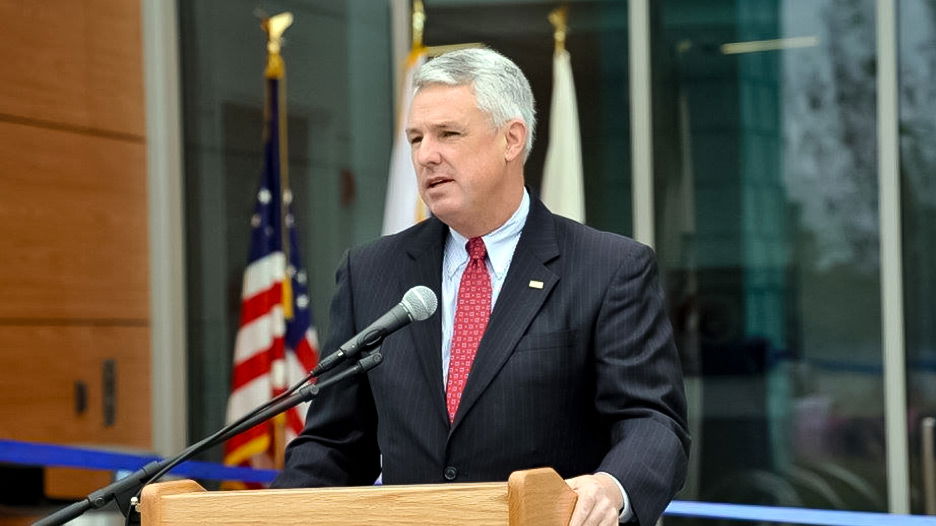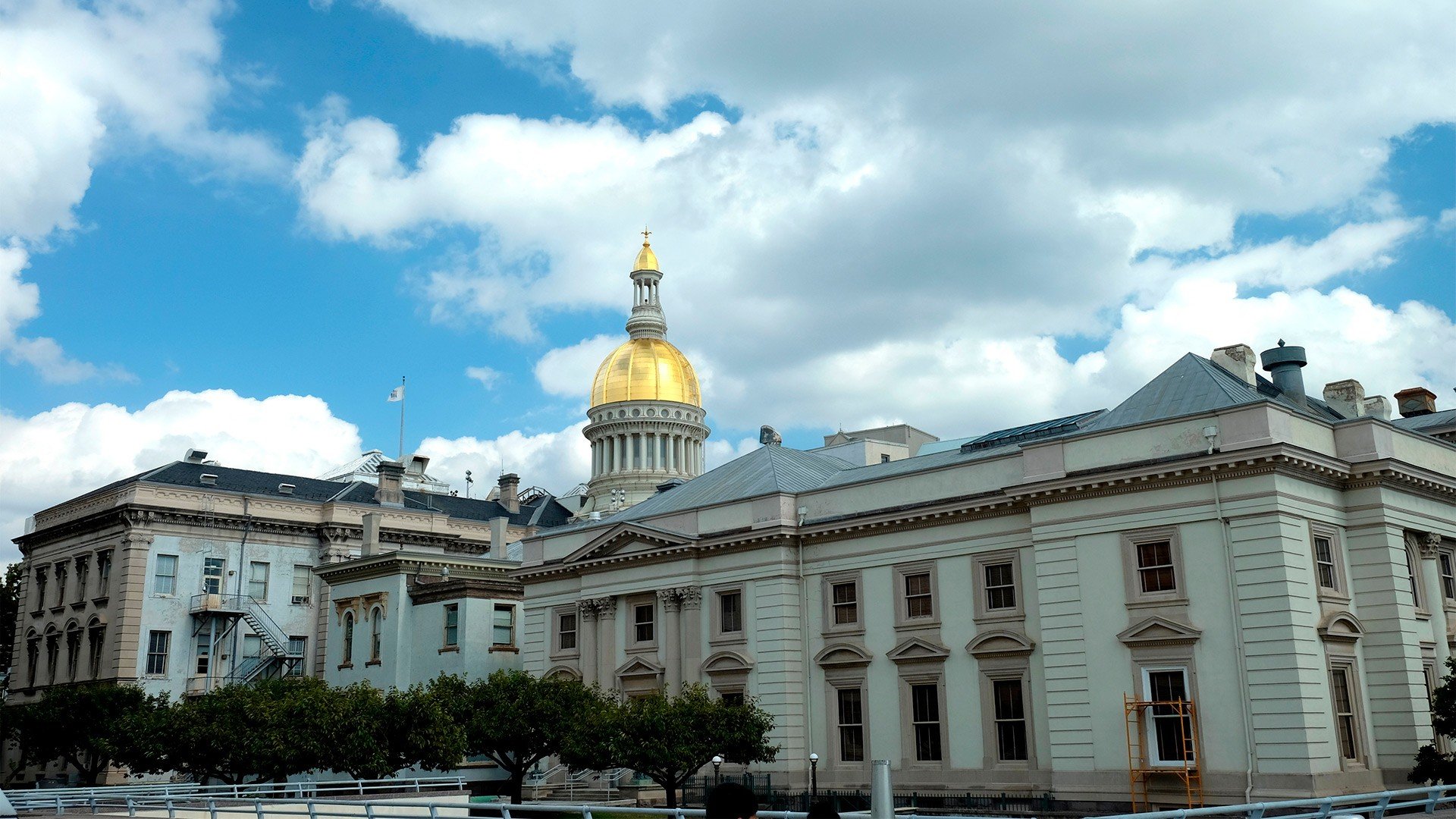Washington D.C. Court denies request against Intralot sports betting contract

A D.C. Superior Court judge on Friday denied a request for a preliminary injunction that would have blocked a no-bid contract with Greek-based Intralot to manage the city’s planned foray into online sports betting. The decision by Judge John Campbell allows the District to move ahead with the contract, although the underlying lawsuit is still pending.
Campbell indicated Friday that he did not think it will succeed. An attorney for the D.C. resident who filed the challenge said that if Campbell ultimately rules against him, he plans to appeal.
The District’s contract with Intralot had been on hold for several weeks while both sides made legal arguments. The lawsuit filed by Dylan Carragher, a D.C. resident and the founder of a sports-betting technology business, argued that the $215 million contract over five years with Intralot violated federal law because District officials awarded it without competitive bidding.
Officials at the office of D.C. Attorney General Karl A. Racine (D), which defended the contract, said they were pleased. “The case will now proceed to the merits,” said a statement emailed by spokeswoman Marrisa Geller, as reported by the Washington Post.
Carragher’s attorney, Donald Temple, said that he was disappointed and that an appeal was in order. “It’s clearly a disturbing opinion and contradicts the case law,” he said. “The city should be concerned” that if the case goes to an appellate court and Carragher wins, it loses the money it has paid to Intralot so far, he said.
Earlier this year, the D.C. Council narrowly voted to suspend competitive-bidding rules and allow Intralot, which already held the contract to operate the D.C. Lottery, to continue running the lottery and to also manage the city’s new online sports gambling. The lawsuit alleged that by suspending competitive-bidding rules for the contract, District officials violated the Home Rule Act, which established local government in the nation’s capital.
Under the Home Rule Act, the District’s chief financial officer is to carry out his office’s procurement of goods and services but must follow District procurement law. Temple argued that because the D.C. Lottery falls under the purview of the chief financial officer, the council was not entitled to exempt the contract from the procurement law.
The judge disagreed. “We can spend all day asking whether the council should have done it,” Campbell said. “But it clearly and unquestionably was within the council’s authority to do that.”
D.C. Council Chairman Phil Mendelson (D) said in a statement Friday that he was “glad the court has given this the green light.” “The fact is that we’re going to see sports betting with a mobile application expand among many states over the next several years, and there’s no reason the District should be left behind,” he said.
A spokeswoman for the D.C. Lottery, Nicole Jordan, said in a statement that the agency is “fully focused on resuming the modernization of the Lottery and implementation of sports wagering in the District.”
D.C. lawmakers passed a bill in December to legalize and regulate sports wagers. In pushing for a no-bid contract earlier this year, the District’s chief financial officer, Jeffrey DeWitt, argued that it would allow the city to quickly launch and tax sports betting ahead of neighboring Maryland and Virginia, neither of which has legalized the practice.
Top executives at two of the country’s largest mobile sports-betting platforms, FanDuel and DraftKings, argued that sports betting should not be run by a monopoly in the District. They said the city should create an open, competitive market of licensed sports-betting operators because it would yield the most revenue for the District and deliver a better product to consumers.
Almost a year ago, DeWitt released an analysis stating that sports wagers would generate $7.7 million in revenue for the city during the 2019 fiscal year, $26 million this fiscal year and $28.3 million next year. The delays regarding the contract have led to downward revisions. In June, estimates were adjusted to $17.1 million for this fiscal year and $27 million for fiscal 2021.
The deal with Intralot divided D.C. Council members, but in July they approved the contract in a 7-to-5 vote. Critics of the contract have questioned whether it complies with a law that requires companies with large public contracts to share some work with small local companies to strengthen the local economy and create jobs.

















































